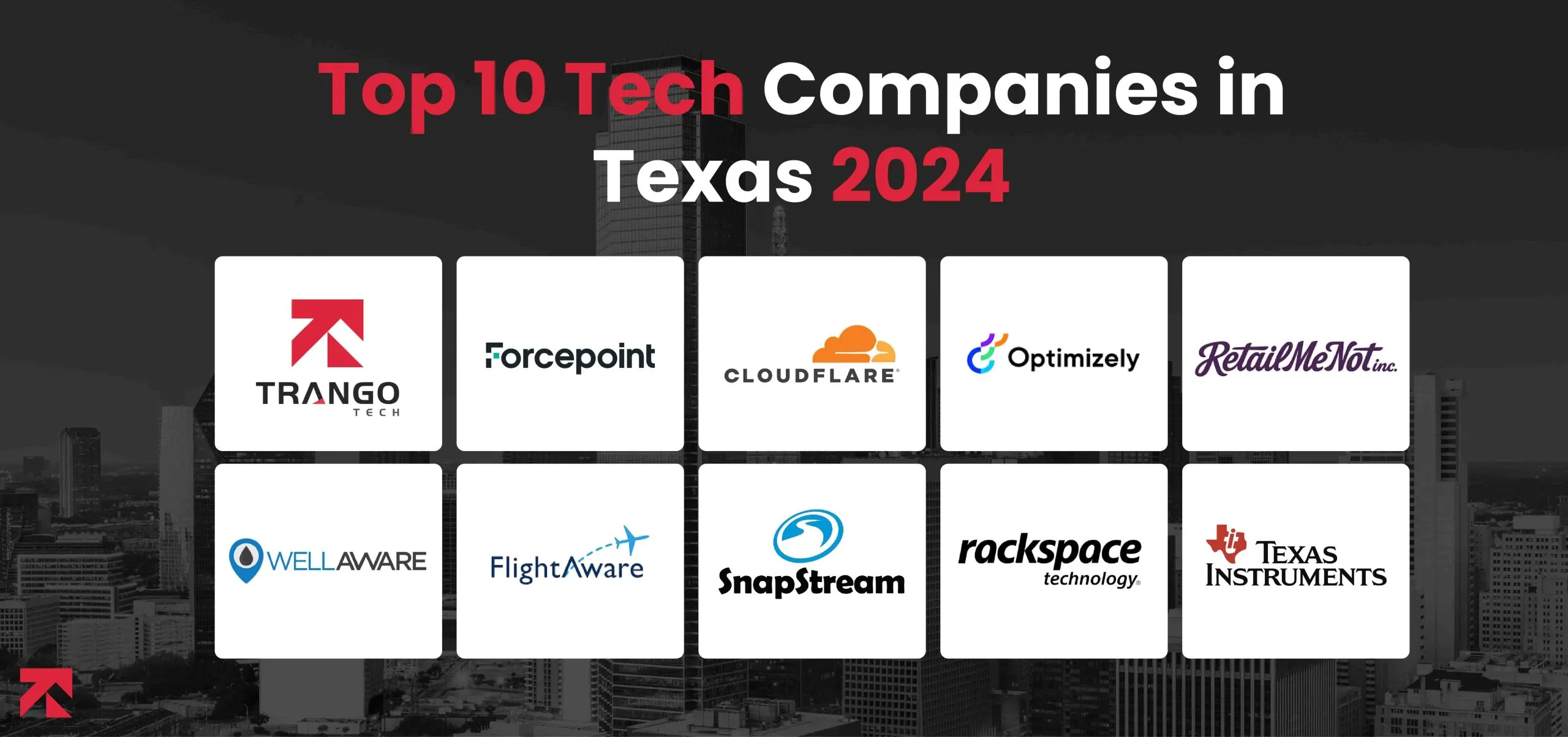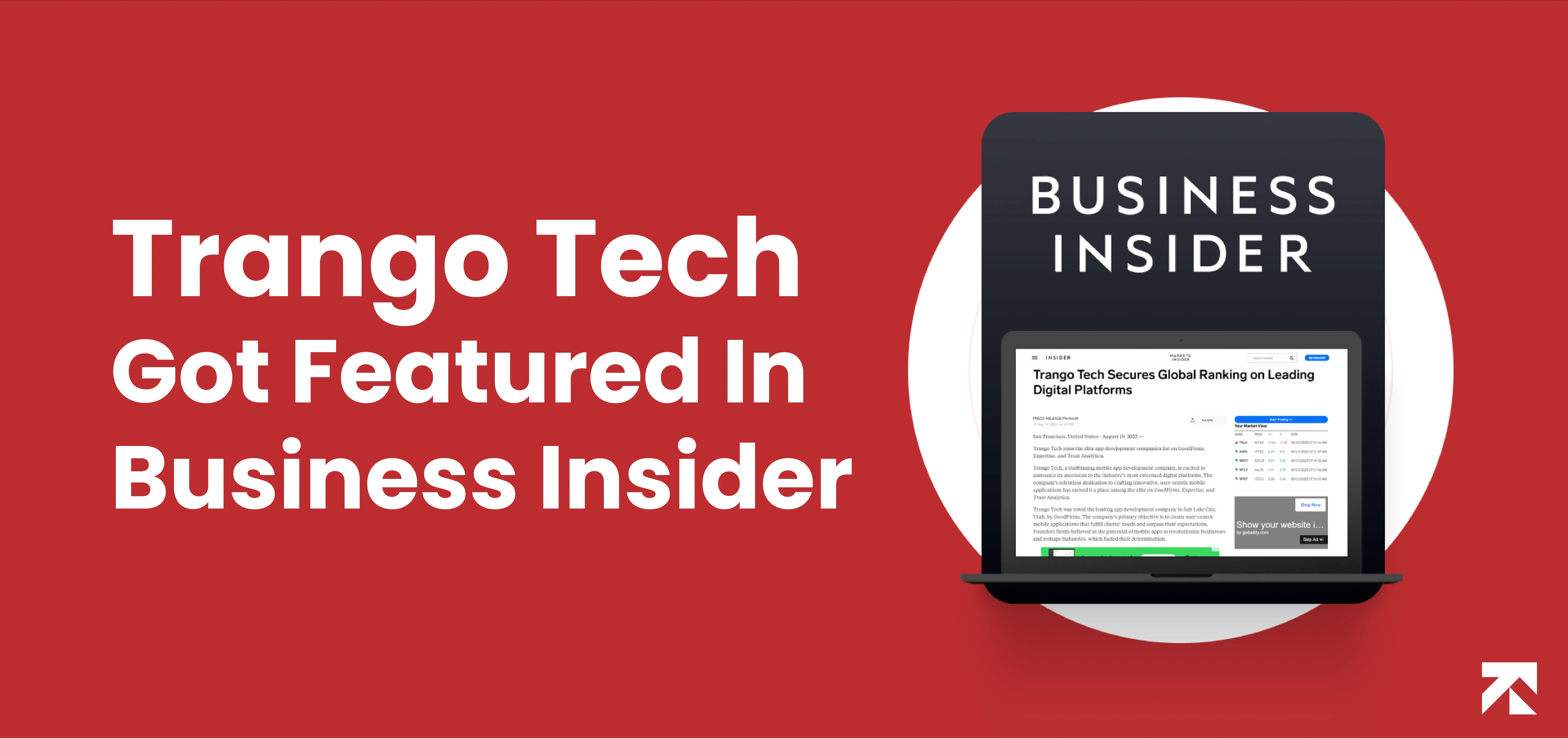In today’s digital age, communication has become an integral part of our lives. Social media platforms have revolutionized the way we connect with others, and one such platform that has garnered immense popularity is Facebook. Facebook Messenger, the messaging service provided by Facebook, has evolved over the years, offering a seamless communication experience to its users. With the introduction of the new Facebook Messenger API, developers and businesses can leverage its capabilities to enhance user experiences and unlock new features within their apps. In this article, we will explore the exciting possibilities that the new Facebook Messenger API brings to the table.
Table of Contents
- Introduction
- Understanding the Facebook Messenger API
- Enhanced Customer Engagement
- Personalized Messaging Experiences
- Seamless Integration with Apps
- Automating Customer Support
- Enhanced Analytics and Insights
- Leveraging Chatbot Capabilities
- Privacy and Security Considerations
- Future Scope and Innovations
- Conclusion
- FAQs
Introduction
The Facebook Messenger API is a powerful tool that allows developers to integrate messaging capabilities into their applications. By harnessing the API’s potential, businesses can enhance customer engagement, provide personalized experiences, and automate customer support, among other benefits. Let’s delve deeper into the various ways the new Facebook Messenger API enables innovative features and user experiences for apps.
Understanding the Facebook Messenger API
The Facebook Messenger API acts as a bridge between an app and the Messenger platform. It enables seamless communication between businesses and their customers, allowing for interactive messaging experiences. With the API, developers can send and receive messages, access user profiles, and leverage advanced features like chatbots and message templates.
Enhanced Customer Engagement
With the new Facebook Messenger API, businesses can improve customer engagement by providing quick and convenient communication channels. Apps can now send proactive messages, such as order confirmations, shipping updates, or personalized recommendations, directly to users through Messenger. This real-time interaction enhances user experiences and fosters stronger connections with customers.
Personalized Messaging Experiences
Personalization is key in today’s competitive digital landscape. The Messenger API enables apps to tailor messages based on user preferences, past interactions, and behavioral data. By analyzing user data, businesses can deliver targeted content, product recommendations, and exclusive offers, creating a personalized and engaging messaging experience for users.
Seamless Integration with Apps
The Facebook Messenger API seamlessly integrates with various apps, making it easy for developers to implement messaging capabilities within their existing platforms. Whether it’s an e-commerce app, a travel booking service, or a food delivery application, the Messenger API enables businesses to provide direct communication channels to their users without the need for them to leave the app.
Automating Customer Support
Customer support plays a crucial role in ensuring user satisfaction. With the Messenger API, businesses can automate customer support processes by deploying intelligent chatbots. These chatbots can handle common inquiries, provide instant responses, and guide users through various actions within the app. By automating support, businesses can improve response times and enhance user experiences.
Enhanced Analytics and Insights
The Messenger API provides valuable analytics and insights for businesses. Developers can track message delivery rates, open rates, click-through rates, and other metrics to gauge the effectiveness of their messaging campaigns. This data helps businesses optimize their communication strategies, understand user behavior, and make data-driven decisions to improve user experiences.
Leveraging Chatbot Capabilities
Chatbots powered by the Messenger API have revolutionized customer interactions. Businesses can build sophisticated chatbots capable of understanding user intents, answering queries, and providing personalized recommendations. These chatbots can streamline customer interactions, offer 24/7 support, and handle multiple conversations simultaneously, leading to enhanced user experiences and increased operational efficiency.
Privacy and Security Considerations
As with any communication platform, privacy and security are of paramount importance. The Facebook Messenger API ensures data protection by adhering to strict privacy guidelines. It provides features like user authentication, message encryption, and permissions management, enabling businesses to maintain the privacy and security of user information.
Future Scope and Innovations
The new Facebook Messenger API opens up a world of possibilities for app developers and businesses. With continuous advancements in artificial intelligence and natural language processing, we can expect further enhancements in chatbot capabilities, improved personalization, and seamless integration with emerging technologies. The future holds immense potential for leveraging the Messenger API to create innovative user experiences.
Conclusion
The new Facebook Messenger API offers an array of features and user experiences that can be integrated into apps. From enhanced customer engagement to personalized messaging experiences, seamless integration, and automated support, the Messenger API empowers businesses to connect with their users in meaningful ways. By leveraging this powerful tool, app developers can enhance user experiences, increase customer satisfaction, and drive business growth.
FAQs
Q1: How can businesses integrate the Facebook Messenger API into their apps? To integrate the Facebook Messenger API, businesses need to follow the documentation provided by Facebook. It involves setting up an app, configuring webhooks, and handling messaging events.
Q2: Can the Messenger API be used for marketing purposes? Yes, businesses can utilize the Messenger API for marketing purposes. It allows them to send targeted messages, personalized recommendations, and promotional offers to users.
Q3: Is the Messenger API only for large businesses? No, the Messenger API is suitable for businesses of all sizes. Whether you’re a small startup or a large enterprise, you can leverage the API’s capabilities to enhance user experiences and engage with your customers.
Q4: Does using the Messenger API require technical expertise? Integrating the Messenger API may require some technical expertise. However, Facebook provides comprehensive documentation and resources to guide developers through the process.
Q5: How does the Messenger API ensure user privacy? The Messenger API ensures user privacy through various measures such as message encryption, user authentication, and permissions management. These features help businesses maintain the security and privacy of user data.









